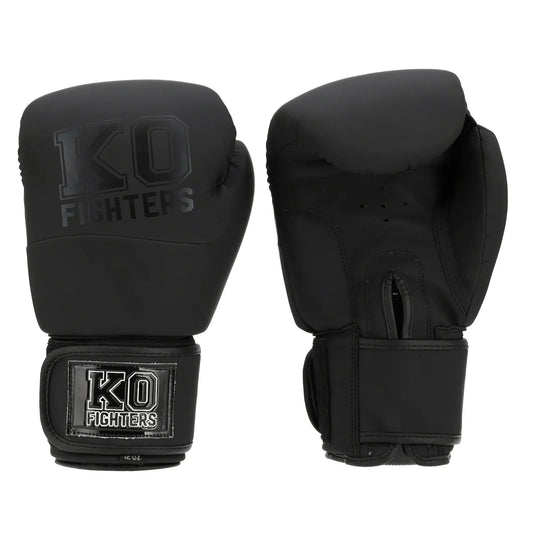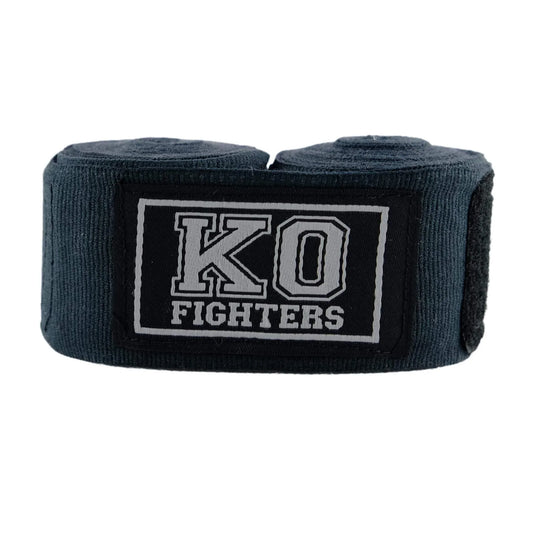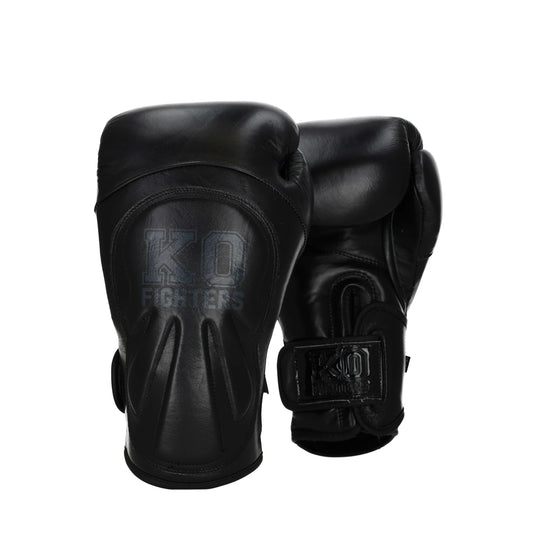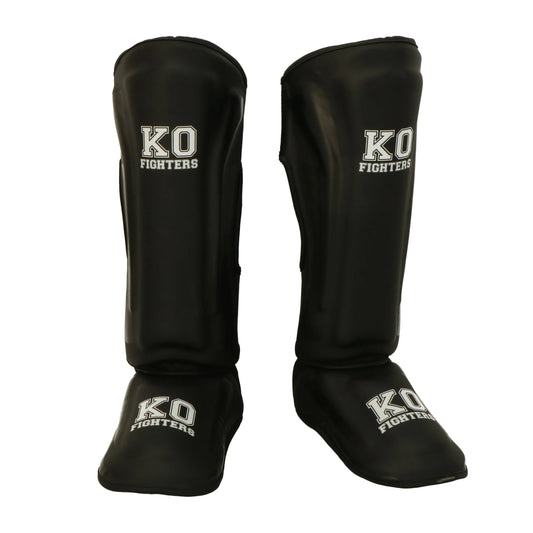How to Choose the Right Personal Trainer for Kickboxing?
Share
Kickboxing is a combat sport that demands a lot from your body and mind. Whether you're just starting out or want to take your skills to the next level, a personal trainer can help you reach your goals faster and prevent injuries. But with so many trainers to choose from, it can be hard to know who is the right match for you. In this blog post, we explain what to look for when choosing the right personal trainer for kickboxing.
1. Determine Your Goals
Before you start looking for a trainer, it's important to be clear about what you want to achieve. Do you have a specific goal in mind, such as improving your technique, building strength, losing weight, or preparing for a competition? Or do you just want to get fitter and build better endurance? Your goals will determine which trainer suits you best. Some trainers specialize in competition preparation, while others focus more on beginners or general fitness.
Ask yourself the following questions:
- Do I want to refine my technique or learn basic skills?
- Am I looking for an intensive physical challenge or do I want to train at a slower pace?
- Do I want to improve a specific kickboxing technique, such as punching or kicking?
2. Experience and Expertise of the Trainer
Not every personal trainer has the same background or expertise. It is important to choose a trainer who has extensive experience with kickboxing and understands what is needed to improve your skills. Ask about their education, experience, and any certifications. A trainer with competition experience can be especially useful if you are also competition-oriented.
What you need to check:
- How many years of experience does the trainer have in kickboxing?
- Has the trainer fought at a high level or prepared for competitions?
- Does the trainer have experience training people with your goals (for example, beginners, advanced, or competitive fighters)?
3. Look for the Right Style and Personal Connection
Every trainer has their own teaching style. Some trainers are strict and focus on discipline, while others are more relaxed and emphasize technique. It is important to find a trainer who matches your learning style and personality. Do you need someone who pushes you to the limit, or do you work better with a trainer who gives you more freedom?
Questions to consider:
- How does the trainer motivate his or her clients?
- Is the trainer patient and able to explain well?
- Do you feel comfortable with the trainer and feel that there is a good connection?
A good personal connection ensures that you stay motivated and get more out of your training.
4. Training Approach and Methodology
Every trainer has their own methods to achieve results. Some trainers focus more on conditioning and strength training, while others pay a lot of attention to technique and sparring. Ask the trainer how he or she structures the training sessions and what approach they use to help you reach your goals. A trainer who takes the time to create a customized plan for you is often more effective than someone who approaches every session the same way.
Consider:
- Is the training tailored to your specific needs and goals?
- Is there room for variation in the training, such as strength, conditioning, and technique?
- Is attention paid to injury prevention and recovery?
5. Location and Availability
It is important to find a trainer who is practically accessible and available at times that work for you. Personal training is an investment, and consistency is the key to achieving results. If the trainer is too far away or has no available times that fit your schedule, it can be difficult to train regularly.
Factors to consider:
- Where is the trainer located? Is it a location that is easy to reach?
- Is the trainer flexible in scheduling sessions?
- Does the trainer adjust their schedule to your availability?
6. Get Insight into the Costs
Personal training is often more expensive than group lessons, but it also offers many benefits such as personal attention and customization. Ask in advance about the costs and whether packages or subscription options are available. It is important to choose a trainer who fits within your budget without compromising on quality.
Consider:
- What are the costs per session or per package?
- Are there extra costs such as equipment or location rental?
- Is a trial lesson possible to see if there is a connection without immediately purchasing a large package?
7. Ask for References and Reviews
A good way to determine if a trainer suits you is by asking for references or reviews from other clients. You can often find online reviews or ask for success stories from other fighters who have worked with the trainer. This can give you a good idea of the trainer's style and effectiveness.
Questions to ask:
- What do others say about the trainer?
- Are there success stories or testimonials from people with similar goals as you?
- What results have others achieved under the guidance of this trainer?
8. Take a Trial Lesson
If you are unsure which trainer suits you best, you can always request a trial lesson. This gives you the chance to experience the training style, methods, and personal connection with the trainer. A trial lesson is often a good indication of whether the trainer is the right match for you and if you feel comfortable during the sessions.
Conclusion: How to Choose the Right Personal Trainer for Kickboxing?
Choosing the right personal trainer is an important step to improve your kickboxing performance. By considering your goals, the trainer's experience, the training approach, and your personal connection, you can find a trainer who fits you perfectly. A good personal trainer will not only help you become physically stronger but also help you grow mentally and boost your confidence in the ring.




